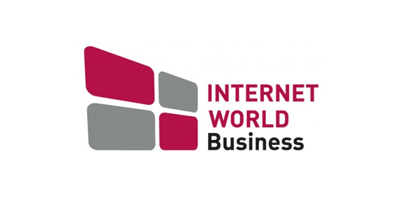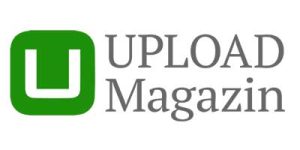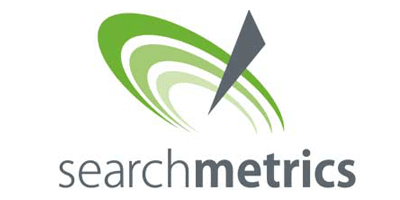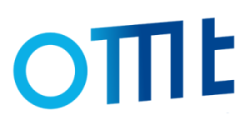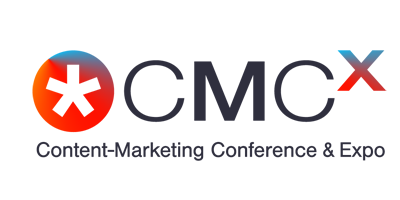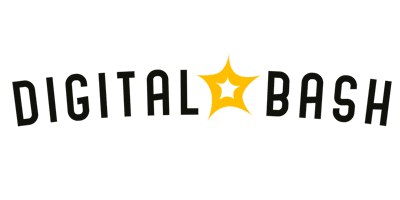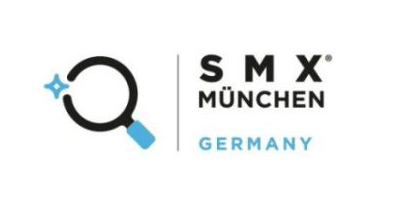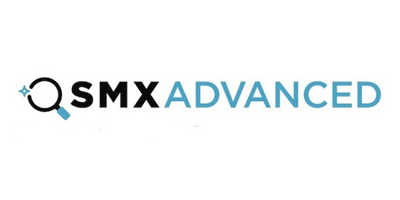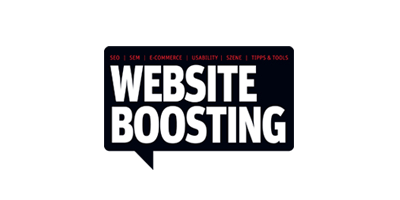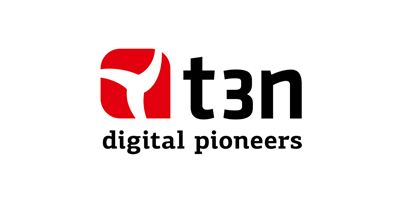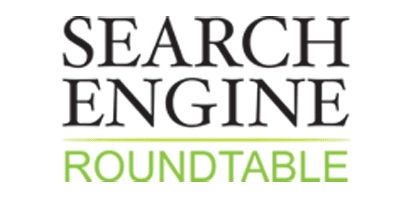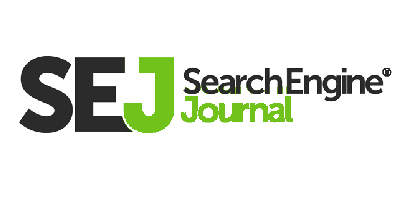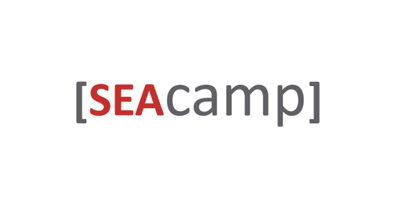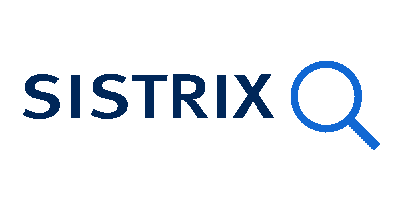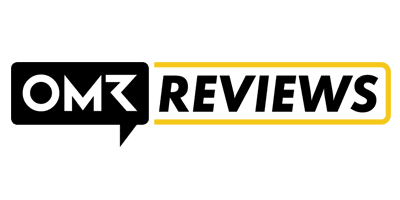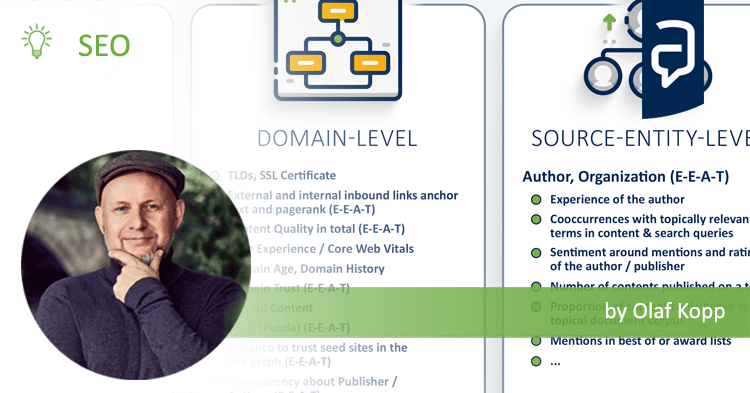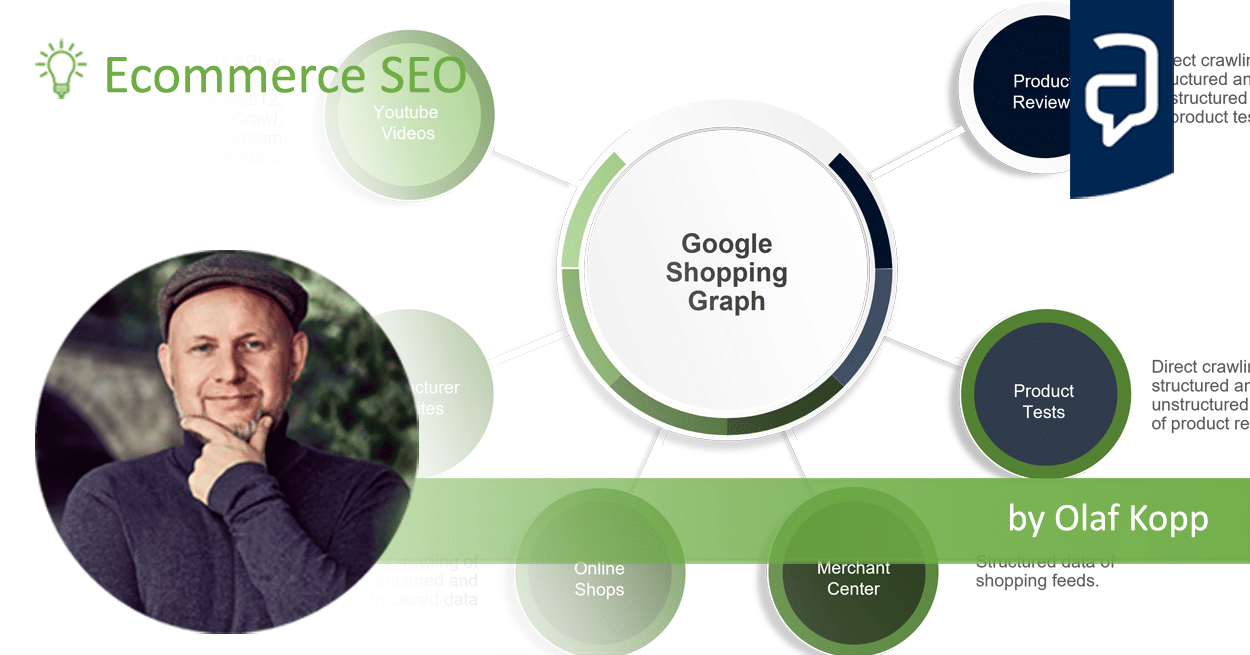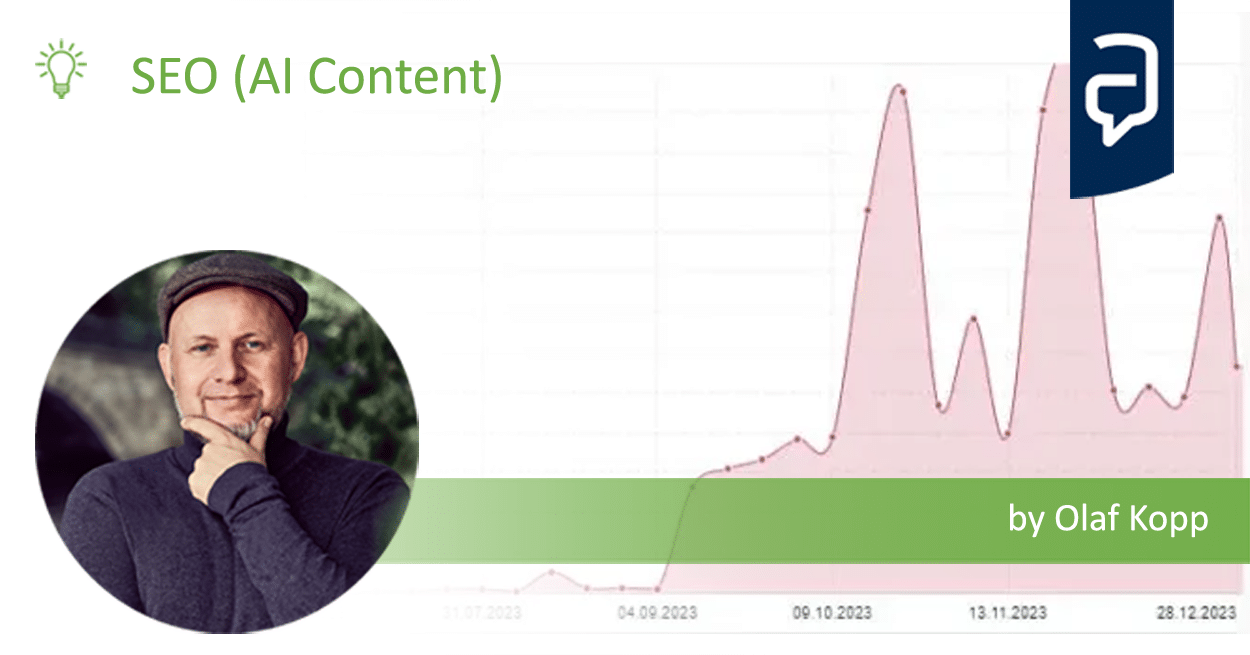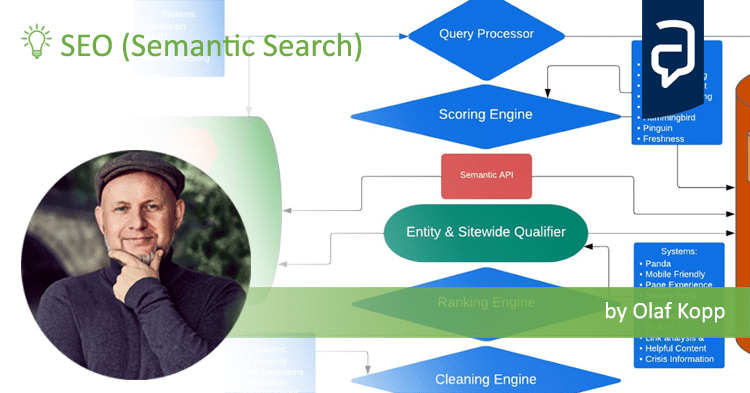What is Digital Authority Management? Role and tasks of a Digital Authority Manager
Digital Authority Management can close the gap between brand and SEO. This is an overview about my thoughts about a possible new discipline I call Digital Authority Management.
Contents
What is Digital Authority Management?
Digital Authority Management is responsible for digital brand building for companies and content creators. The focus is on the planning and implementation of measures for the algorithmically measurable improvement of authority and online reputation in the sense of E-E-A-T and for a better online visibility in general.
Why Digital Authority Management is so important for SEO and Marketing in general?
In an era where AI-generated content, generative AI and Large Language Models (LLMs) for response output are becoming the norm, content tends to become increasingly similar and interchangeable. At the same time, the risk of misinformation spreading is rapidly increasing.
For this reason, identifying trusted and authoritative sources for search engines and response systems is becoming increasingly significant, while filtering out other sources.
For modern search engines, such as Google, the origin of content plays an increasingly important role for ranking and indexing. Evaluating the source of content via the E-E-A-T concept is a gamechanger in the way Google classifies and ranks content. Via E-E-A-T, Google can classify individual content on a big scale and evaluate it in terms of quality without having to perform scoring for each individual piece of content.

Possible signals for an E-E-A-T rating on the part of Google cannot be influenced by SEO alone, but by brand management, marketing and PR. SEOs usually do not have access to these departments. So we need a new discipline for an interface between Brand, Marketing, PR and SEO.
This leads to the emergence of new tasks, skills and positions in the marketing field. In this article I would like to introduce you to a possible new discipline in marketing, “Digital Authority Management”
The function of Digital Authority Management
In the classic understanding, building a brand and its reputation fall into the realm of brand management, marketing and PR – areas that are traditionally not the responsibility of an SEO expert. In addition, those responsible for the brand have usually only sporadically dealt with the consequences of their actions for the generation of algorithmically detectable signals.
There is often a significant distance between SEO and brand management in companies, with infrequent dialogue between the two. This has created a gap that has not yet been filled by either brand managers or SEOs in most companies. In thinking about how to close this gap, the function of “Digital Authority Management” emerged.
A Digital Authority Manager understands both SEO and branding and takes responsibility for digital brand building to improve visibility in search engines and generative AI-driven applications. In addition, Digital Authority Management plans and promotes actions to generate algorithmically measurable signals of topic leadership and brand positioning. Likewise, this function ensures consistency of signals and digital sentiment around the company.
The Duties of a Digital Authority Manager
Some examples of the duties of a Digital Authority Manager might be as follows:
- Positioning authors or companies as experts and authorities
- Establishing digitally recognizable topic leadership
- Ensuring consistency of author and company descriptions in online media
- Acquiring and monitoring links from reputable media outlets
- Designing marketing and PR campaigns that influence brand searches
- Identifying resources used (by Google) for training LLMs
- Monitoring sentiment-related signals such as ratings
- Monitor brand-related online trends
- Influencer relations and influencer marketing
- Intense interaction with social media, SEO, link building, content creation, PR, marketing and brand management

- The dimensions of the Google ranking - 25. April 2024
- Interesting Google patents for search and SEO in 2024 - 3. April 2024
- What is the Google Shopping Graph and how does it work? - 27. February 2024
- “Google doesn’t like AI content!” Myth or truth? - 19. February 2024
- Most interesting Google Patents for semantic search - 12. February 2024
- How does Google search (ranking) may be working today - 4. February 2024
- Success factors for user centricity in companies - 28. January 2024
- Social media has become one of the most important gatekeepers for content - 28. January 2024
- E-E-A-T: Google ressources, patents and scientific papers - 24. January 2024
- Patents and research papers for deep learning & ranking by Marc Najork - 21. January 2024
